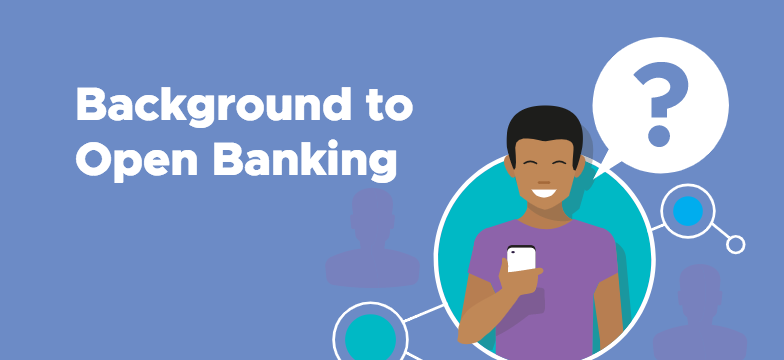Open Banking enables small businesses and private individuals to share the data the big banks already hold on them with other organisations. The idea is that this will foster competition and smaller banks and loan companies will able able to compete and enter the market. You are not required to take any action, and its significance, and the form it takes will change over time. There’s quite a good article on Wired here.
Over 800 UK bank branches closed in 2017. During the last 10 years the number of people regularly banking online has risen from 30% to 63%. Cash machines are slowly disappearing, retailers would now prefer you to pay by card or app, and buses spend less time at bus stops as fewer people are fumbling around with coins.
My first bank, in 1969, was Martins Bank in Lombard Street, underneath the grasshopper (soon bought by Barclays). My employer banked there, and I had to get a bank account as I was now going to be paid monthly, not in cash. They very grudgingly lent me the money to buy my first motorcycle. How times have changed – bank staff no longer have any discretion or autonomy. They can only consult the computer, the same as you can yourself. If you are not already banking online it’s time to make a start.



Way back in 2009 London handled 37% of global currency transactions – US$1.85 trillion per day. That wasn’t achieved by people walking into bank branches! Last year London was still assessed as the World’s Leading Financial Centre, ahead of New York, Hong Kong, Singapore and Tokyo. The assessment criteria included stability, reputation, business environment and connectivity. All these transactions are conducted digitally.
Here’s an article from a couple of weeks ago about fast food outlets refusing to take cash in New York: https://www.nytimes.com/2017/12/25/nyregion/no-cash-money-cashless-credit-debit-card.html
Some great info, but still apprehensive with online banking. Ray